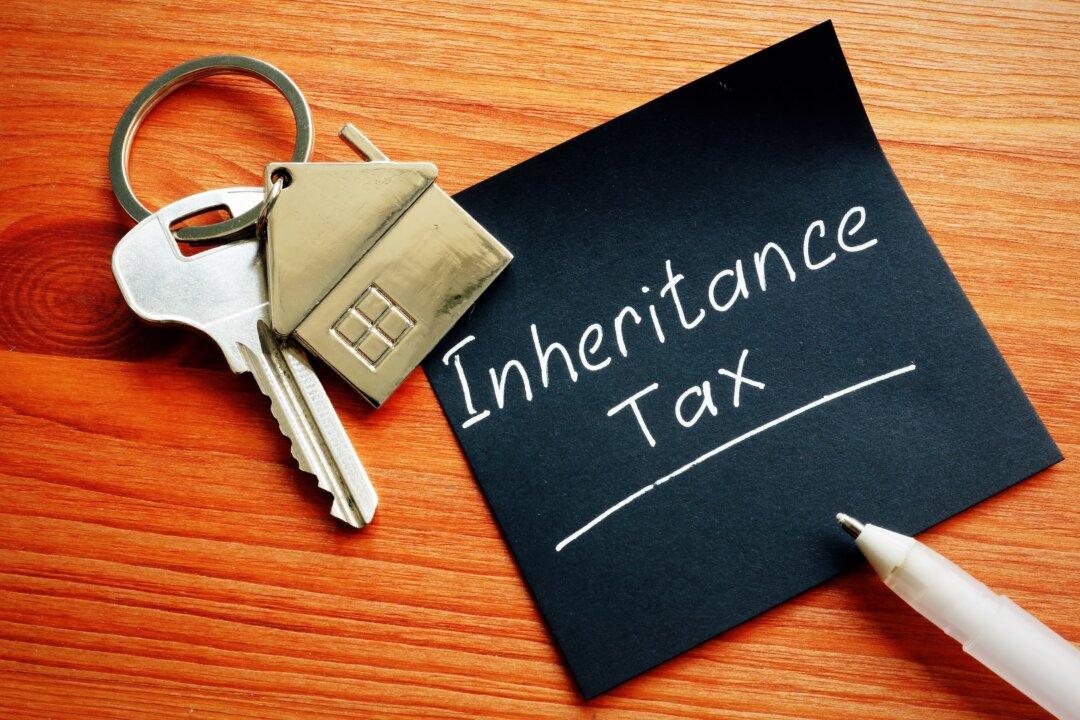Inheritance tax is “punitive and unfair,” government minister Grant Shapps has said, amid reports the prime minister is considering cutting death duties.
Mr. Shapps made the comments to Sky News amid reports by the Sunday Times that Prime Minister Rishi Sunak is considering controversial plans to slash the tax.





